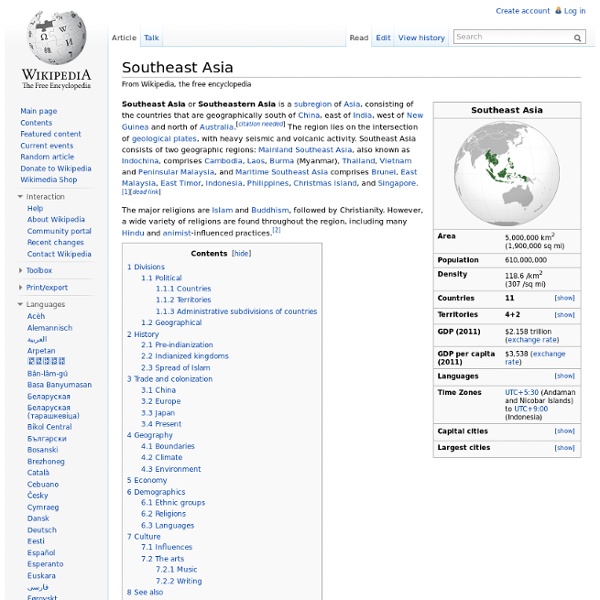Expanding Your Cultural Intelligence Quiz | RealMagazine – Winter/Spring 2014
Your CQ can be as important as your IQ Few subjects are as massive and complex as culture. Here’s how the American Heritage English Dictionary leads off its definition of the term: “the totality of socially transmitted behavior patterns, arts, beliefs, institutions, and all other products of human work and thought.” The “all other products” qualifier would strain the resources of most anyone’s cultural quotient, or CQ, which global-competence researchers, Linn Van Dyne, Soon Ang and Christine Koh, interpret as an individual’s “capability to function effectively in situations characterized by cultural diversity.” Diversity, of course, at least according to the U.S. education, geographic origin, and skill characteristics.” For the purposes of this quiz, which will begin shortly, culture will be sighted and united by nations. Individualism: This dimension measures the degree of interdependence in a society, distinguishing between self-images based on “I” or “We.” or just let life happen?
Richard Lewis Communications - Negotiating across Cultures
“In all negotiations of difficulty, a man may not look to sow and reap at once; but must prepare business, and so ripen it by degrees” – Francis Bacon (1561-1626) ‘Of Negotiating’ Negotiation is probably as old as mankind itself and was born out of Homo Sapiens’ early struggles for survival and dominance. During the last century or so, negotiation has become a science, dominated by the Americans. But anyone who has mediated at, for instance, a Japanese-US joint venture knows that the moment intercultural factors enter the equation, the landscape can change utterly. It has always been advisable to understand the cultural factors in international negotiations. In times of financial crisis, people are under psychological stress and there is a tendency to assert our cultural values more powerfully when under pressure. In international negotiation, cultural preparation to understand different worlds is central to successful strategy and tactics. It is dangerous to rely on our intuitions.
Protocol Professionals, Inc. | Chinese Etiquette & Protocol
Confucius, China's greatest sage established a system of ethics, morals, hierarchy and behavior, setting the rules for people dealing with other people, and establishing each person's proper place in society. The five major relationships set forth by Confucius: Key concepts in understanding Chinese culture: Guanxi - Throughout much of Chinese history, the fundamental glue that has held society together is the concept of guanxi, relationships between people. Mianzi - Face - Losing face, saving face and giving face is very important and should be taken into consideration at all times. Li - Originally li meant to sacrifice, but today it is translated as the art of being polite and courteous. Keqi - Ke means guest and qi means behavior. Getting to Know Each Other Greetings and Introductions
Cross-Cultural Adaptation
COM 372—Theory and Research in Intercultural Communication Updated 11 June 2013 A General Introduction Adaptation: Going Abroad · Many authors have theorized and researched the notion of cross-cultural adaptation, which entails moving from one culture to another culture, usually (but not always) learning the rules, norms, customs, and language of the new culture. o Short-term travelers, such as those on vacations or business trips. o Sojourners, those who travel to a culture for an extended time, but still one with planned limits—that is, a plan to return, such as international students or those on an extended business assignment of (for example), one to three years o Immigrants, those who move to another culture with plans of making that culture their new home · Of course, even immigrants can vary on several dimensions, which become important later, such as: o Social class/support: Often, but not always, social class combines with purpose of immigration. Today’s notes cover two main themes: o



